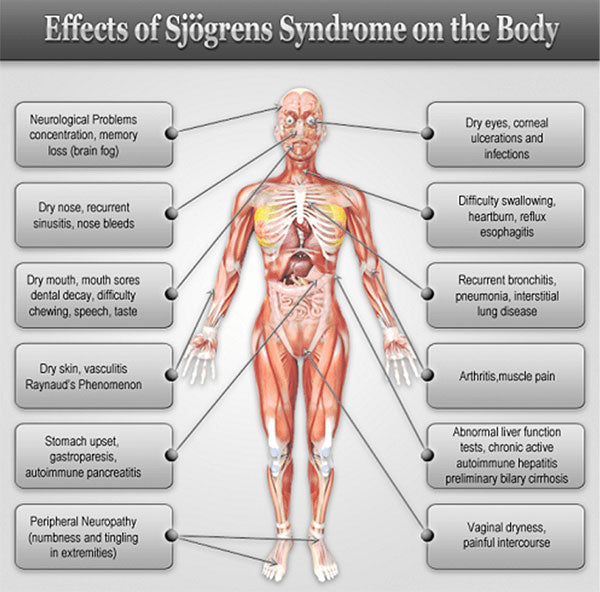
Sep 28 , 2021
We all take so much for granted that the simplest of things get over looked. Have you ever thought why we have Saliva?
Saliva or in layman terms, spit, is a vital part of our bodily secretions. It lubricates your mouth, helps chewing and swallowing by wetting your food and protects your teeth from decay.
How does it work?
The sight and smell of food can get the process of salivation started. The food enters the mouth and the salivary glands surge with saliva secretion and the process of chewing actually starts the chemical and mechanical digestion of the food.
After swallowing, the saliva continues to work by washing away food debris and bacteria left behind. Lack of saliva and this particular cleansing function would result in tooth decay and gum disease.
Saliva starts digesting starch in our food and the lubricating function creates a smooth surface in your mouth, helping speech and swallowing. The early digestion of the food from salivary enzymes allows stimulation of taste.
So in fact, saliva has several important functions:
1. Chemical digestion
2. Helping chewing
3. Helps swallowing
4. Lubricating and moisturizing inside the mouth
5. Lubricating effect facilitates speech
6. Facilitates taste
7. Prevents gum disease and tooth decay hence antibacterial effect
8. Buffers PH from food
9. Contains calcium and phosphorus required by teeth thus helping remineralisation of teeth.
10. Prevents constant mouth ulcers and lesions

WHAT IS SJOGRENS DISEASE OR SYNDROME?
This is an auto immune condition where the body produces antibodies against it's own mucus/moisture producing glands such as the salivary glands and tear glands. It is a multi descipliniary disease and according to the Arthritis Care UK, about 4% of the population between 40 and 60yrs are affected.
People with this condition have little to no saliva produced. Their mouth feels extremely dry. Food is hard to process, chew, and taste. Tooth decay and gum disease is inevitable, leading to loss of teeth. Speech is affected. Inside the surface of the mouth, it feels rough with a grainy texture on the surfaces of gums, palette, cheeks and tongue.
Mouth ulcers become common and often the tongue sticks to the roof of the mouth during sleep due to sheer dryness. This can cause choking in your sleep.
Special tooth paste, along with artificial saliva is required but these are not long term solutions and their relief is temporary.
The eyes become so dry that eye drops and artificial tears are used nearly hourly, in some cases, and corneal disease with corneal ulceration and loss of eye sight follows.
All in all, a very unpleasant and distressing condition which not only extends to dry eyes, but painful, stiff joints and much more. It is not life threatening but the quality of life is substantially reduced. It is associated with Non Hodgkin's Lymphoma.
Although, Sjogren's is a rare condition on it's own, it is sometimes seen in people suffering from other autoimmune conditions such as Scleroderma or Lupus. It is then referred to as an over lapping auto immune condition.
It requires constant maintenance by the sufferer to prevent permenant damage to their sight and oral health. It is another condition that carries a heavy emotional burden on the sufferer who often suffers in silence due to lack of awareness.
Finally, only in the absence of saliva we realise it's vital functions and as yet no permenant replacement has been discovered.
If you suffer from very dry eyes or mouth, please seek advise from your GP and Dentist.
For more information and help regarding Sjogren's disease or syndrome, please contact
https://www.bssa.uk.net


